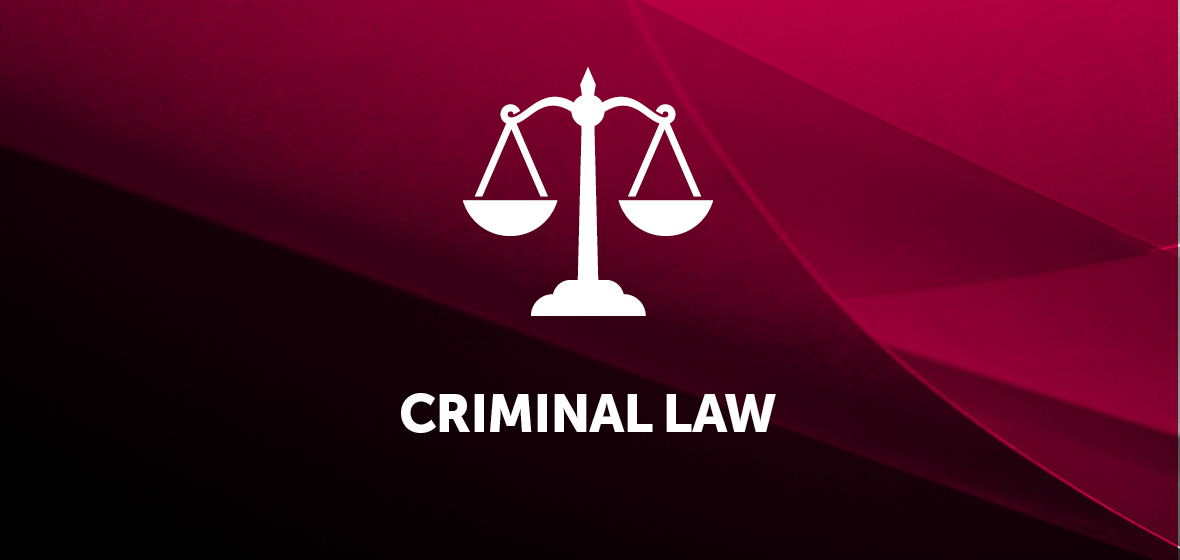Key decisions
- Xiao v R [2018] NSWCCA 4
- Director of Public Prosecutions (NSW) v Kirby [2017] NSWSC 1754
Xiao v R [2018] NSWCCA 4
Commonwealth sentencing – discount for plea of guilty – relevance of the utilitarian value of the plea
Overturning a New South Wales authority which has stood for more than a decade, the Court of Criminal Appeal (‘CCA’) has determined that when sentencing for Commonwealth matters, it is permissible to take into account the utilitarian value of a plea of guilty.
The applicant was charged with two offences of insider trading. He was a managing director of a mining company, the parent company of which decided to make certain takeover bids. Because of his position in the company he learned about the takeover bids before they were public knowledge. Using that inside information, he traded shares with his wife’s account and made an agreement with another person for that person to make purchases on behalf of himself and others. He made profits on both investments. He pleaded guilty in the Local Court and was sentenced in the Supreme Court to an overall sentence of eight years and three months, with a non-parole period of five years and six months.
Existing NSW authority prohibited a court taking into account the utilitarian value of a plea of guilty in Commonwealth matters. Put another way, the earlier position was that it was not appropriate to recognise the saving of public time and money which is inherent in a plea of guilty – being the exact opposite of the approach in NSW sentencing for State-based matters, and also inconsistent with the current position in Victoria for sentencing in Commonwealth matters. Accordingly, given the law in NSW, the sentencing judge declined to give a discount for the utilitarian value, although there was a ‘moderate’ discount for other, permissible, reasons. Among the applicant’s many issues raised on appeal (inside traders do seem to have the resources to be a bit more comprehensive than other appellants), he asserted that a discount ought to have been allowed which included consideration of the utilitarian value of the plea – in other words, he asserted that the law in NSW was wrong.




